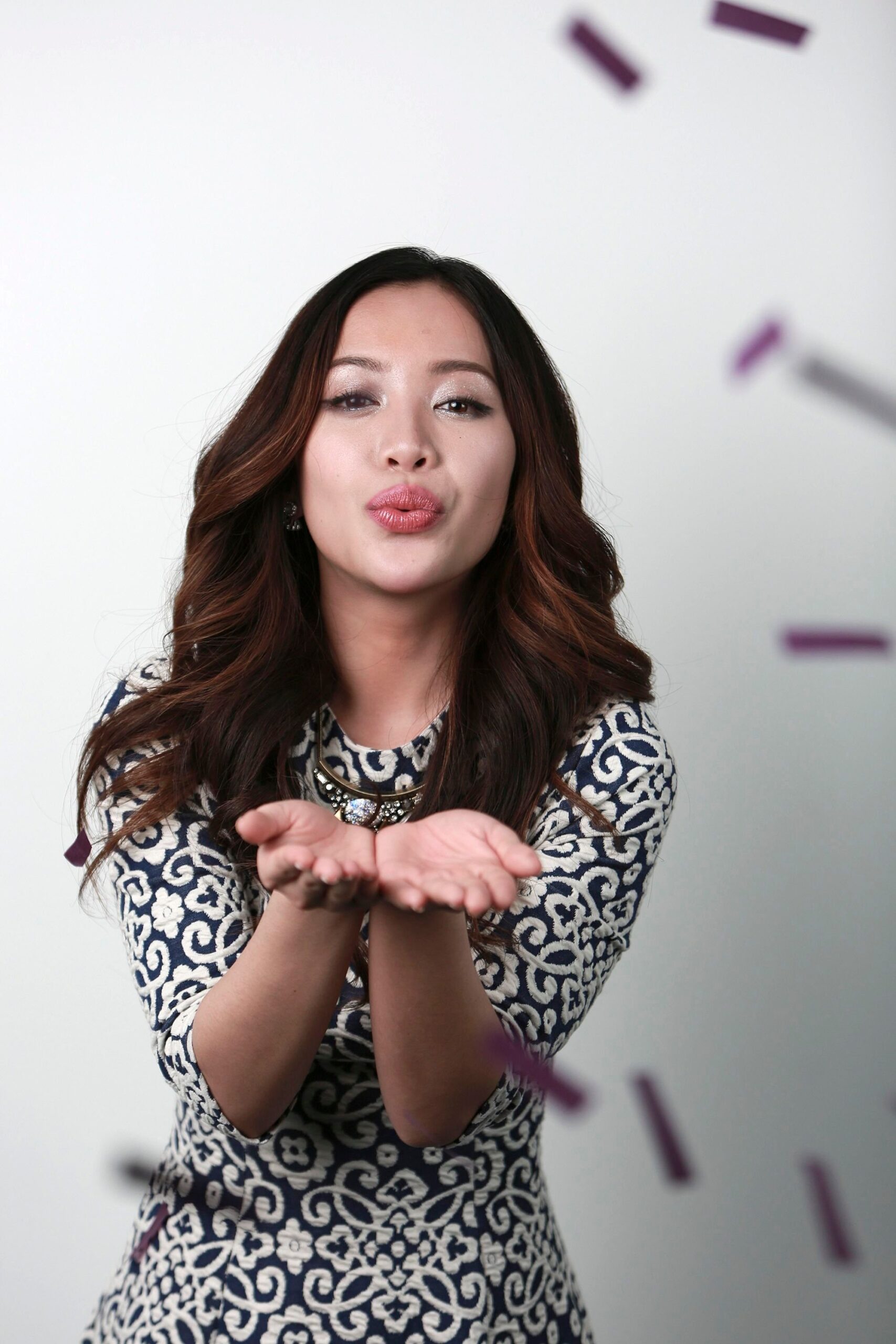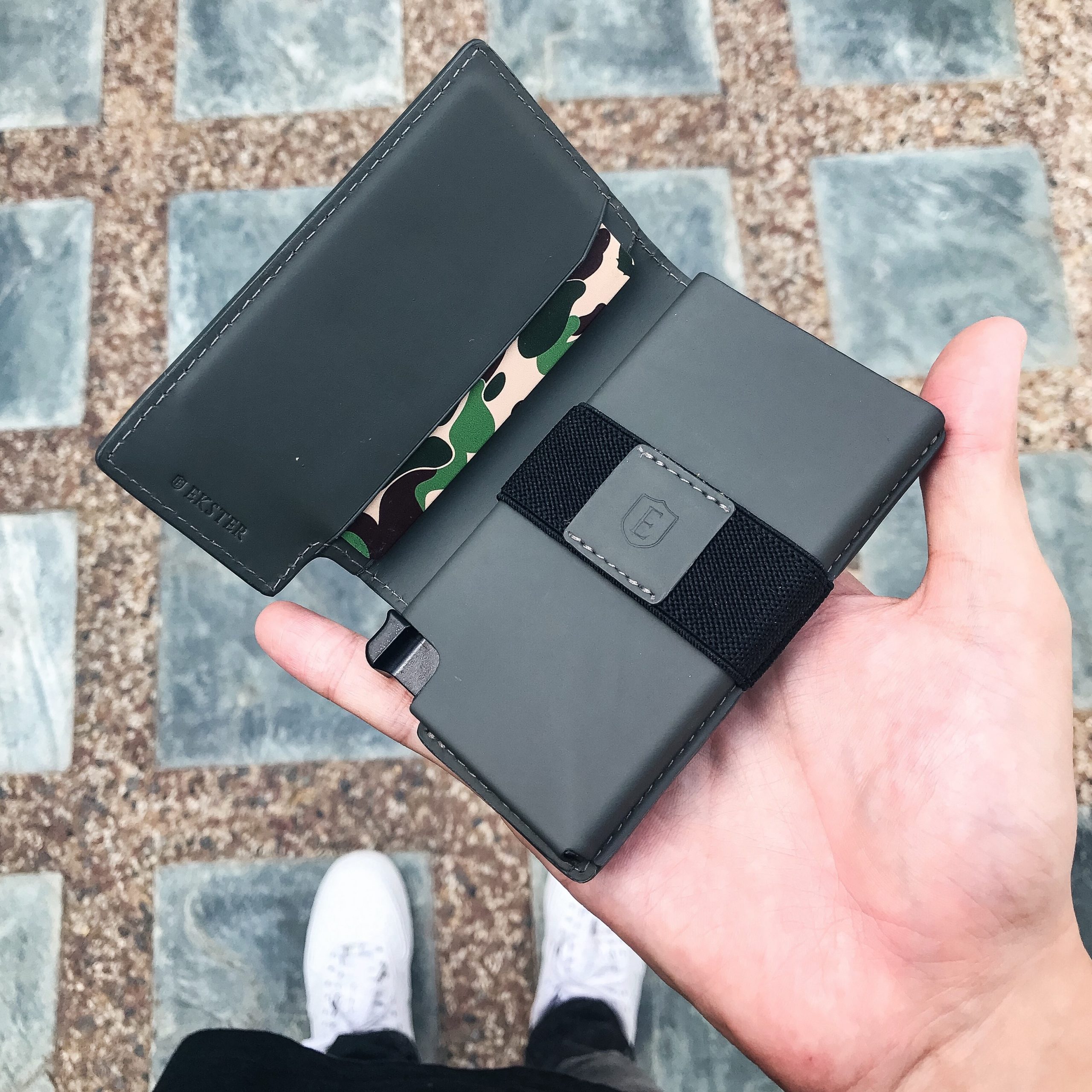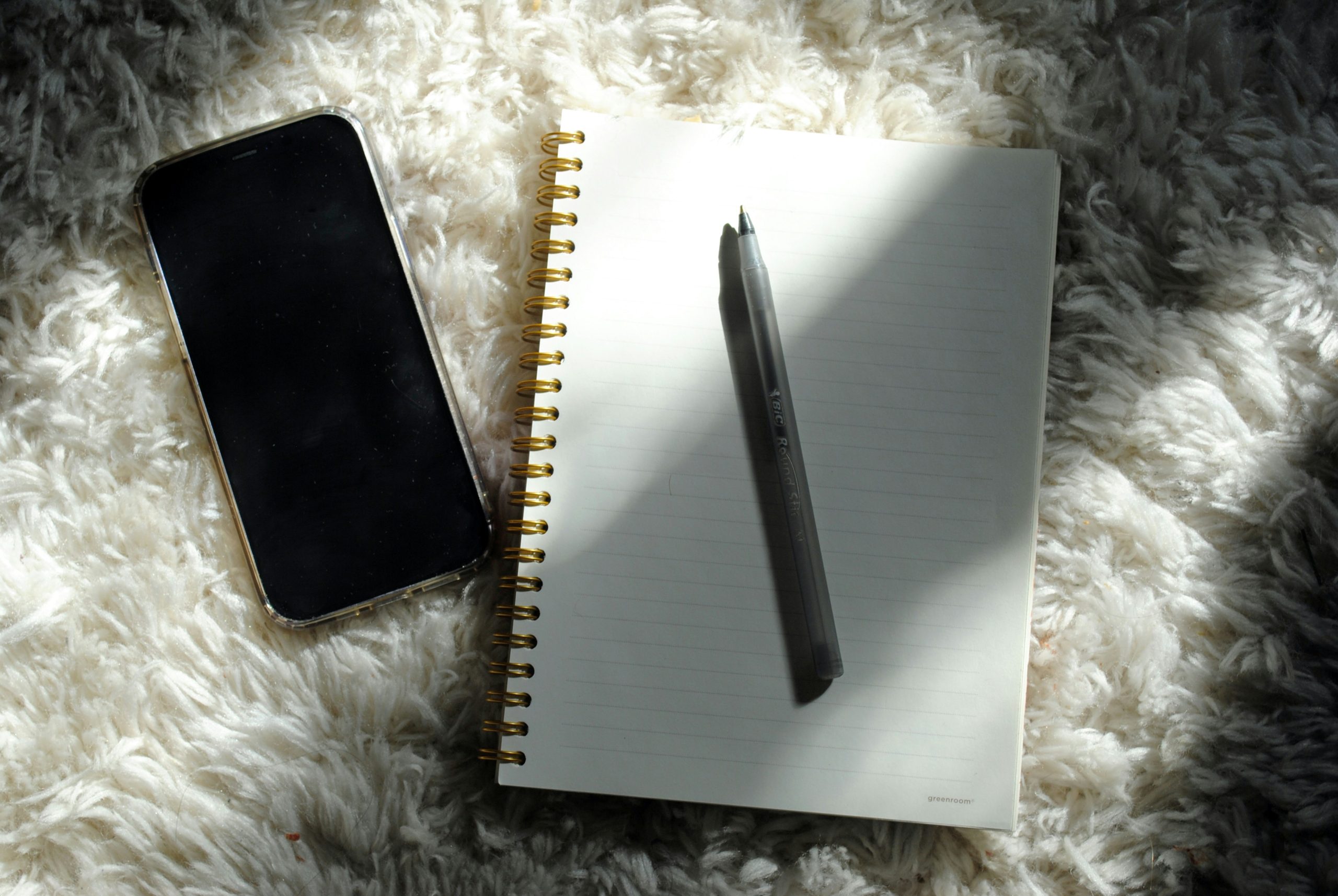
Michelle Phan
Photo by Amy Sussman (Invision/AP/Shutterstock)
Michelle Phan has lived the influencer dream to its fullest extent, from YouTube sensation to makeup mogul to burnt out Millennial who either had to disappear from the web or collapse in on herself like a neutron star.
In 2007, a 19-year-old Phan tapped into YouTube’s burgeoning online community with a simple beauty channel and effectively founded the online beauty guru community. Over the next 10 years, she reached one billion views, launched her own make-up line, Em Cosmetics, created a beauty subscription service called Ipsy, and even opened her own studio for influencers to follow in her footsteps.
Basic Foundation Tutorial (Phan’s first video, 2007)youtu.be
But in becoming “the world’s first influencer,” according to The Cut‘s recent profile of the now 32-year-old, she was also one of the first to experience social media burnout. In 2016, she collapsed under the social pressures that come from turning one’s name into a brand, like running an “empire” before she was 30 and maintaining her perfect image online. “I was going almost borderline crazy,” she told Teen Vogue. “So I packed a suitcase—my whole life—in one piece of luggage, and I just left. I didn’t even tell anyone. My business partners, board members, everyone was freaking out, like, ‘Did Michelle just quit? We need her!’ I thought, ‘Dude, if you want me to make this brand great, I need myself to think great. I need to feel great, and I don’t feel great right now.’ So that’s why I left.”
“Why I Left” was also the name of the first YouTube video Phan posted when she seemingly returned from her social media detox in 2017. The 11-minute video is an animated walk-through of her young life and career, from her childhood spent idolizing her mother who immigrated to the U.S. after the Vietnam War to create her own beauty brand. The video’s art reflects Phan’s original plans to attend art school for illustration; in fact, her first beauty tutorial was just an iMovie experiment on the free laptop she received as a freshman at Florida’s Ringling College of Art & Design. Phan’s waitressing job and help from her struggling single mother paid for her first semester, but then she had to drop out due to tuition costs.
Later, Phan would often credit her mother for her drive and motivation. She told ABC News, “She was an immigrant when she came here to America, she had a great education when she was in Vietnam, but after the war, the entire country was devastated. So she came out here and didn’t know how to speak English, had less than $20 in her pocket. For the rest of her life, she had to become a beautician and do nails.” Phan grew up interested in the larger beauty industry that propped up her mother’s profession while simultaneously watching her mother develop breathing problems from all chemicals she inhaled at work. She vowed to earn enough money to let her mother retire by the time Phan was 25. She did. But she couldn’t stop working.
“I thought, financially, I’m okay. My family is okay. Why do I feel like I need more?” She mused, “Sometimes I feel like our society tells us, ‘No, you need more! You need more money. You need to be a multi-billionaire.’ But why?”
The answer: classic “Millennial burnout,” the often maligned experience of 20- and 30-something-year-olds who were raised with the promise that hard, continuous work leads to stability, but instead they faced the 2008 financial crisis, unprecedented student debt, and the decline of the middle class. In a contentious Buzzfeed News article from earlier this year, “How Millennials Became the Burnout Generation,” Anne Helen Peterson writes, “In a marked shift from the generations before, Millennials needed to optimize ourselves to be the very best workers possible.” She recounts how sociological approaches to parenting shifted for Millennials to believe two contradictory truths: You need to optimize your time and your habits to be successful in the workplace; and you (theoretically) have more freedom than any prior generation, so be grateful and pursue something you love. Essentially: Optimize yourself (isn’t that the point of every “self-care” trend?).
Between the contradictions—be yourself but be the best, work is play, but play is work—the center cannot hold. Psychoanalyst Josh Cohen says, “The message that we can work harder and be better at everything—even rest and relaxation!—results in a strange composite of exhaustion and anxiety, a permanent state of dissatisfaction with who we are and what we have.”
Why I Leftyoutu.be
Thank god there’s social media—for venting, for wish-fulfillment, for escape from an adulthood in which “everything leaves us feeling that we are servants rather than masters of our work,” in Cohen’s words. But of course, our online personas only intensify burnout, as social media is a cesspool of its own contradictions. Technology makes it truly possible to never stop working, to blur all boundaries between the personal and the professional, leisure and labor, reality and Instagram. Hence, we burn out because we never stop reaching for the ideal, optimized self, hoping to blur the lines enough to erase all our flaws, in both our digital and real selves. As a result, Cohen says, Millennials are left “forever feeling as though they’re falling short, that they could do more, attain more, be more. And of course, this isn’t a message [they] will have received exclusively from [their] parents; on the contrary, it’s the maxim of our entire culture, amplified at every moment by the ideals of beauty, accomplishment, talent, and taste—perfect homes, bodies, families, jobs—beamed at us from magazine pages, TV screens, and social media feeds.”
That’s what had Phan packing her life (worth about $50 million) in a suitcase and leaving without telling a soul. After posting “Why I Left,” Phan spent much of 2017 giving interviews about what drove her to take a year-long social media detox. The pressure to become successful enough to allow her mother to retire had driven her to work relentlessly—even if it meant sleeping five hours a night and becoming “imprisoned by my own vanity,” she says in her video. “[I] was never satisfied with how I looked.” She confesses, “Once, I was a girl with dreams, who eventually became a product, selling, smiling, and selling…Somewhere along the journey, I lost myself.”
Ironically, the year Phan returned was also the year Instagram was named the “Worst Social Media for Mental Health.” As a result of pursuing the perfectly balanced, optimized self, rates of depression, anxiety, and loneliness among Millennials have long been noted to be the highest of any prior generation. As Cohen writes, “The social media feed—and Instagram in particular—is thus evidence of the fruits of hard, rewarding labor and the labor itself. The photos and videos that induce the most jealousy are those that suggest a perfect equilibrium (work hard, play hard!) has been reached. But of course, for most of us, it hasn’t.”
As it turned out, Phan didn’t actually return to YouTube in 2017. While “Why I Left” has received her most views to date (over 13 million), she didn’t post another video until Sept. 2019. A three-minute video titled “Hello” captures the beginning of Phan’s day, from playing with her cat to filming at Ipsy studios. “I missed you,” she captions. Just this week, she followed up with a playful video of herself reviewing her old videos. “Reliving 2007-2009,” she captions. “If you were one of my 60,000 subscribers, I love you.” She now has nearly 9 million subscribers; within two hours of posting, “Watching My Old Videos” was viewed over 150,000 times.
There’s something darkly analogous about Phan’s early experiences as the child of immigrants—admiring her mother’s self-sacrifice to fulfill the American Dream while falling in love with the very industry that demanded her sacrifice—and the full arc of the influencer. In the endless pursuit of their best selves, influencers turn their names and faces into online avatars onto which they project their fantasy lifestyles while admiring others who do the same. The empty promises of their upbringing push them to escape to an unreal place where they channel their anxieties into empty promises to their viewers: This is how great your life can be—if you’re willing to work for it.
- Michelle Phan – Wikipedia ›
- Why I Left – YouTube ›
- Michelle Phan has Quietly Returned to YouTube : BeautyGuruChatter ›
- Michelle Phan, YouTube Beauty Star, On Why She Left ›
- Michelle Phan Returns To YouTube After A Yearlong Hiatus To … ›
- OG Beauty Vlogger Michelle Phan Has Returned to YouTube and … ›
- YouTube makeup star Michelle Phan finally posted a new video … ›
- Michelle Phan Returns To YouTube — Though Not With Her Typical … ›
- Why Michelle Phan Returned to YouTube After Two-Year Hiatus … ›













